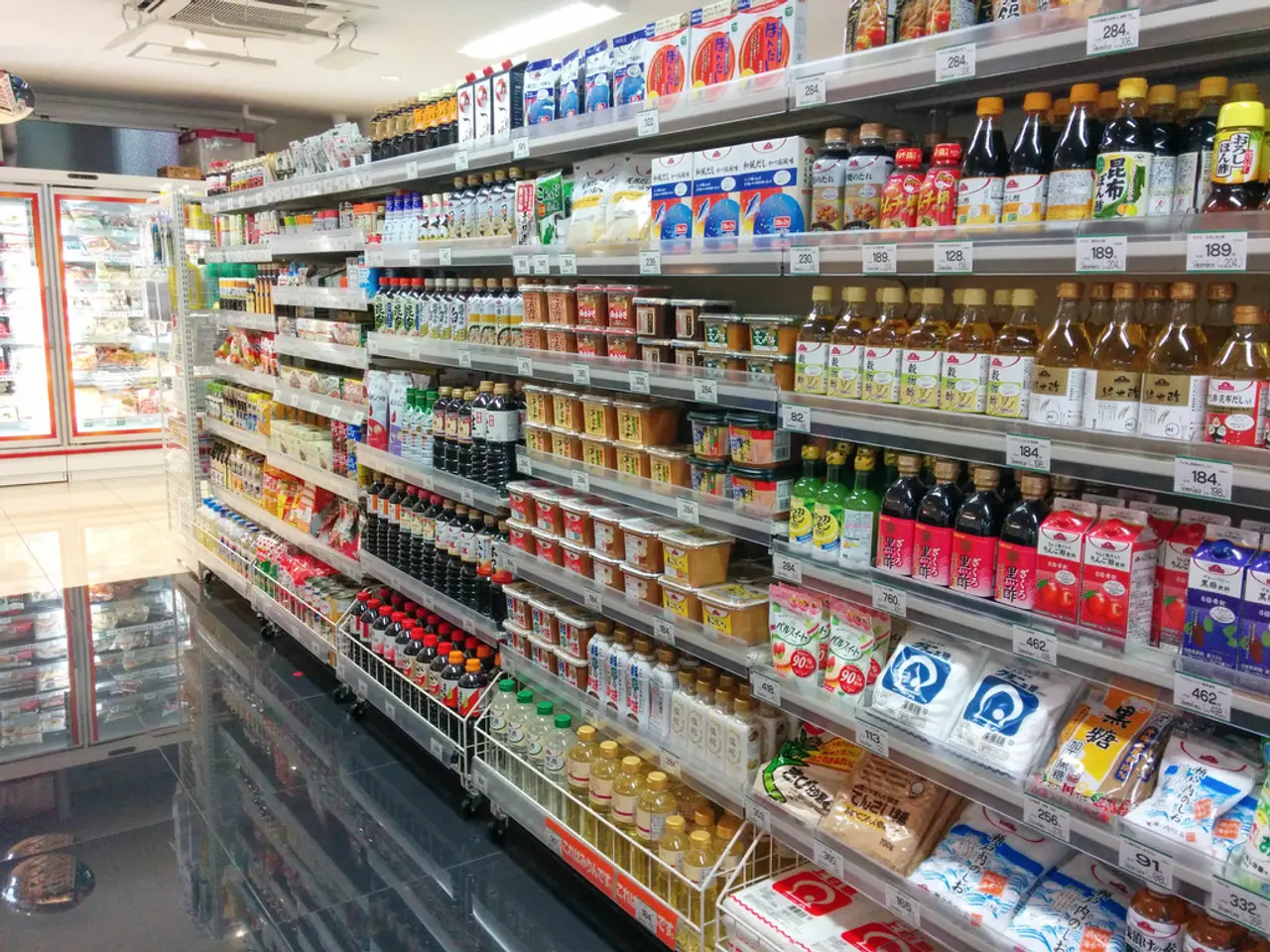Merger negotiations between Grab and GoTo experience delays due to increasing antitrust concerns
The proposed merger between Grab and Indonesian tech giant GoTo Group, valued at an estimated $7 billion, is set to rekindle discussions, with Grab considering acquiring GoTo to consolidate its position in Southeast Asia's digital economy [1][4]. However, the deal faces significant antitrust and regulatory challenges in Indonesia, which could complicate or delay the merger [3].
Grab, with its strong liquidity of $5.9 billion net liquidity, is financially well-positioned to make such acquisitions [1]. Despite past speculation that the acquisition might not happen, recent sources indicate the talks have resumed in 2025 [4].
However, the Indonesian competition authorities have expressed concerns about market dominance and fair competition following consolidation between two of the country's largest digital platforms [3]. This apprehension reflects a broader regulatory effort to balance market growth and competition in Southeast Asia's digital economy.
The potential merger is emblematic of wider antitrust challenges in Southeast Asia's digital economy consolidation efforts. Competition authorities are increasingly scrutinizing deals that could reduce competition in ride-hailing, delivery, and financial services sectors [3][4].
The regulatory rejections in Singapore (Transcab-Grab merger) and Taiwan (Foodpanda-Uber merger) suggest that antitrust enforcement is becoming increasingly stringent across Southeast Asia [4]. Without coordinated antitrust/competition frameworks and harmonised digital economy policies, consolidation risks entrenching monopolies and exacerbating inequality among ASEAN markets.
The merger would create unprecedented levels of market concentration, particularly in ride-hailing, digital payments, food delivery, and e-commerce and logistics. Such concentration levels would represent unprecedented consolidation in Indonesia's digital economy [3].
Indonesia's merger review process differs significantly from other regional jurisdictions, particularly in terms of timing and process. The KPPU only conducts merger reviews on a post-transaction basis, lacking the authority to assess or block a merger prior to its completion, unless the parties voluntarily engage in a pre-merger consultation [2].
The merged entity could control upwards of 85% of the market in digital payments and food delivery. A merger between Grab and GoTo could result in the creation of a near-monopoly in ride-hailing, with combined market shares reportedly exceeding 90% [3].
The regulatory framework in Indonesia appears designed to prevent such market concentration, suggesting that approval would require extraordinary circumstances or substantial remedies. Divergent approaches to platform consolidation among ASEAN member states risk fragmenting the region's digital economy and undermining integration efforts [4].
As the Grab-GoTo merger progresses, it will be interesting to observe how the Indonesian competition authorities navigate this complex situation, and how other digital economy players in Southeast Asia respond to this potential consolidation. The outcome of this merger could shape the future of competition and market dynamics in the region's digital economy.
The financial capabilities of Grab, backed by its net liquidity of $5.9 billion [1], may provide a strong foundation for potential acquisitions like the GoTo Group, despite the regulatory challenges posed by Indonesia's competition authorities [3]. However, the prospect of a merger between Grab and GoTo, potentially creating near-monopolies in ride-hailing, digital payments, food delivery, and e-commerce [3], may instigate broader antitrust discussions within Southeast Asia's digital economy, challenging the balance between market growth and competition [3][4].




